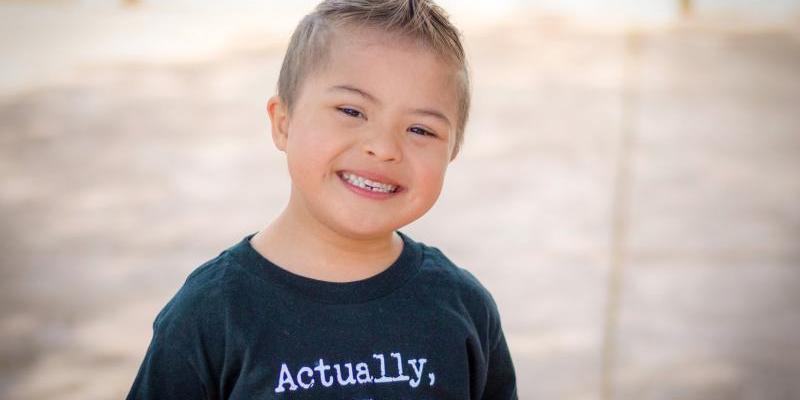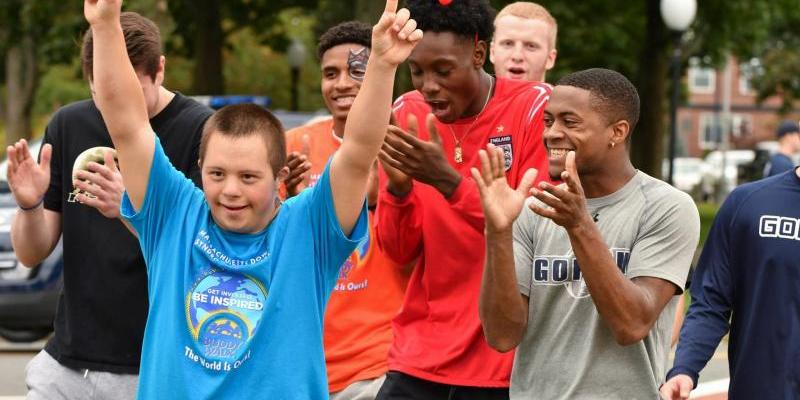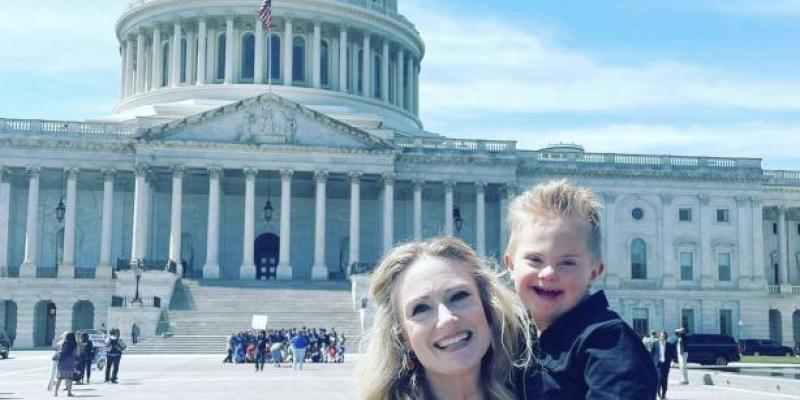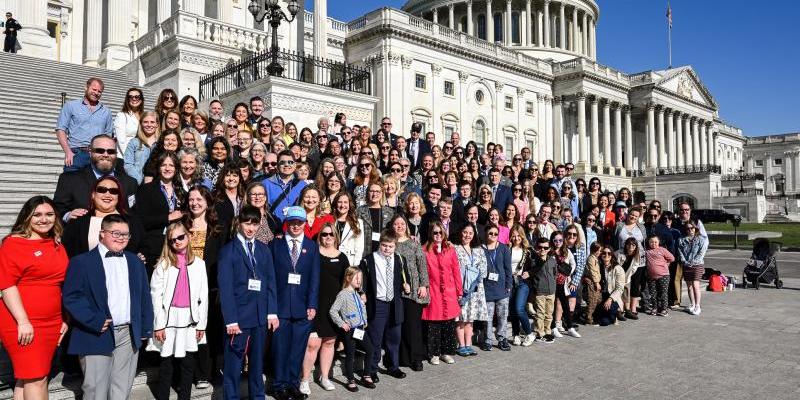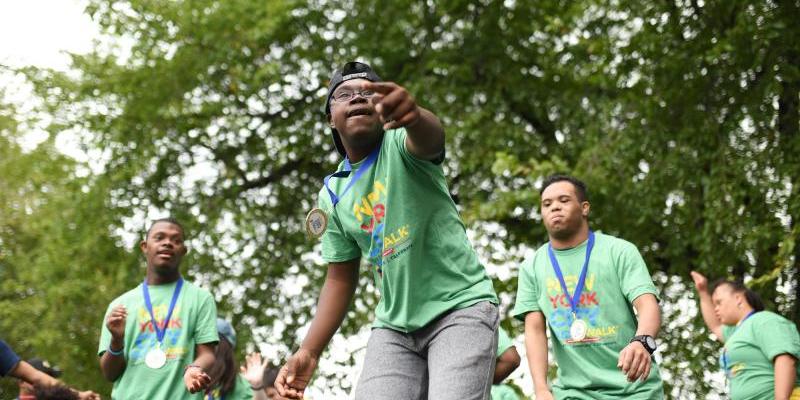FOR IMMEDIATE RELEASE
MEDIA CONTACT:
Michelle Sagan
301-728-0447
NATIONAL DOWN SYNDROME SOCIETY ADVOCATES FOR STRONGER PROTECTIONS AGAINST HEALTHCARE DISCRIMINATION
Washington, D.C. (May 7, 2024) – Last week, the U.S. Department of Health and Human Services (HHS) released its final rule governing Section 504 of the Rehabilitation Act. The rule addresses issues that the National Down Syndrome Society (NDSS) has been advocating for and marks a significant milestone toward equitable access to healthcare for individuals with Down syndrome and other disabilities.
Organ Transplant Discrimination Prevention
The final rule reaffirms that organ transplant discrimination based on disability is a violation of individual rights under Section 504. NDSS applauds HHS for its attention to this issue which, evidenced by a 2019 National Council on Disability report, is systematic and pervasive among the disability community. The final rule provides a solid foundation for the passage of the Charlotte Woodward Organ Transplant Discrimination Prevention Act (H.R. 2706/S. 1183) which would give the Office of Civil Rights (OCR) at HHS the authority and discretion to prioritize life-threatening claims of discrimination against individuals with disabilities in the organ transplant process. NDSS urges the United States Congress to take immediate action to pass Charlotte’s Bill and build off the critical provisions included in the Section 504 final rule.
Banning Discriminatory Healthcare Metrics
The final rule also seeks to address the use of discriminatory healthcare metrics that devalue the lives of individuals with disabilities and chronic conditions, such as Quality-Adjusted Life Years (QALYs). NDSS has championed the Protecting Healthcare for All Patients Act (H.R. 485), which would extend the ban on QALYs and similar metrics in Medicare to all federal health programs. Despite concerns raised by Committee Members during discussions about H.R. 485 in the House, the final rule provides reassurance that banning QALYs would not hurt academic research or innovation but encourage academic research to use other, fair measures instead. Additionally, the rule explains how QALYs affect prescription drug costs and agrees with the Office of Management and Budget that banning QALYs wouldn't stop Medicare from negotiating drug prices.
While the final rule provides some level of protection against QALYs, NDSS continues to advocate for H.R. 485, which would constitute a complete ban on these metrics across federal health programs.
Regarding the final rule in its entirety, "NDSS is pleased to see that individuals with Down syndrome will now have more robust protection against discrimination in the healthcare system” says NDSS President and CEO Kandi Pickard. “This is a critical first step towards achieving a healthcare system that is free from discrimination and we look forward to continuing to work with HHS and members of Congress in pursuit of this goal.”
NDSS urges Congress to prioritize the passage of H.R. 2706/S. 1183 and H.R. 485. By strengthening protections against healthcare discrimination, we can uphold the dignity and rights of individuals with Down syndrome and other disabilities.
For more information about NDSS and its advocacy efforts, please visit www.ndss.org.
###
About NDSS
Founded in 1979, the National Down Syndrome Society (NDSS) empowers individuals with Down syndrome and their families by driving policy change, providing resources, engaging with local communities, and shifting public perceptions. NDSS engages grassroots advocates at the federal, state, and local levels and creates resources to support individuals with Down syndrome, their families, and caregivers across the lifespan on topics including education, employment, health and wellness, and aging. NDSS founded the National Buddy Walk® Program in 1995 and hosts community engagement events throughout the country including the New York City Buddy Walk® and Times Square Video, the NDSS Adult Summit, and the Down Syndrome Advocacy Conference. Visit www.ndss.org to learn more.


